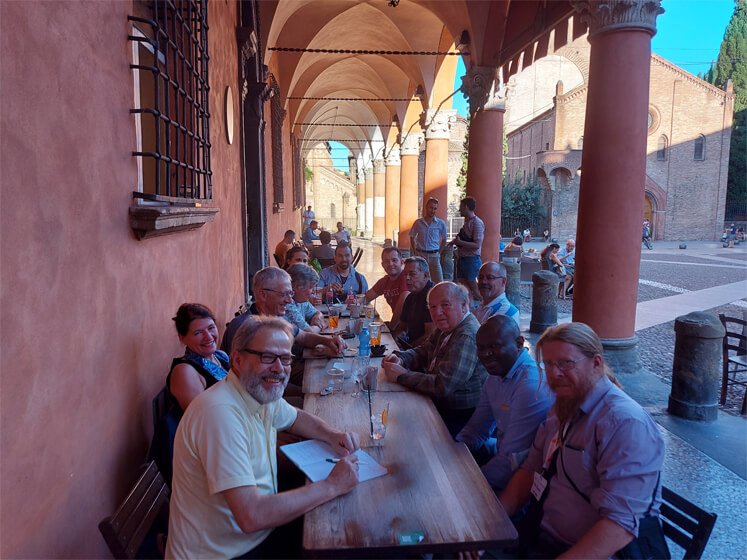About ICABR

The International Consortium on Applied Bioeconomy Research
is a unique, informal, international consortium of people interested in bioeconomy, agricultural biotechnology, rural development and bio-based economy research. Established in 1998, it is comprised of a core group of scholars representing several research institutions, including CEIS – University of Rome “Tor Vergata”, Rutgers University, University of California, Berkeley, Technische Universität München, University of Saskatchewan, Katholieke Universiteit Leuven, IFPRI, State University of Campinas – UNICAMP, University of California Davis – UC Davis, University of Missouri, University of Hohenheim, Harvard Kennedy School, Wageningen University, Iowa State University, University of Washington, University of Victoria.

The objectives of the Consortium are to: promote and stimulate improvement in the quality and relevance of international bioeconomy research and policy analysis; hear the perspectives of many stakeholders (scientific community, policymakers, international organizations, NGOs, agricultural producers and consumer groups) from the developing and developed world; encourage collaborative research among members of the Consortium; facilitate interaction among researchers and analysts in several countries, in universities and in governments engaged in and/or interested in agricultural biotechnology research; disseminate the research results and presentations to the broader community of academics and policymakers to provide an empirical and theoretical basis for better biotechnology policies in the future.
The growing consumer demand for new food and non-food applications has led to an increasing interest towards the global bioeconomy as it applies to agriculture, health, chemical and energy industries. Agriculture and biotechnology are increasingly becoming the basis for the integrated bio-based economy as it contributes to food security, nutritional quality, food safety, and security in energy, environment and health, and agricultural R&D will be the driving force for the new bio-based economy.
The strength of the Consortium lies in the capabilities and commitment of its members to conduct research and/or to use research results in policy analysis and advice to policymakers, in both the developed and developing worlds. One of the focal activities is an annual conference which serves as a forum of discussion and knowledge dissemination, facilitating an important North-South exchange that discusses policy alternatives and explore approaches to bioeconomy issues.
